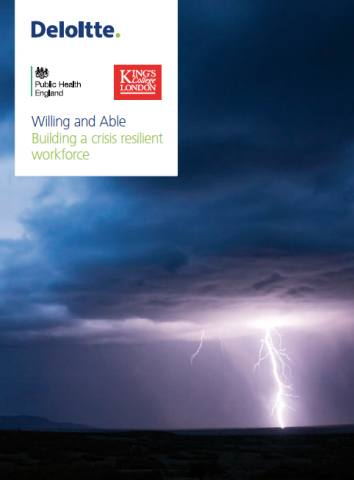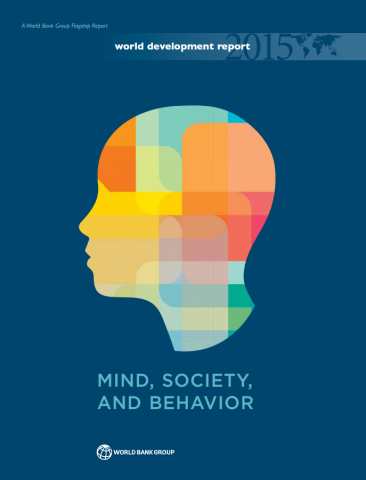World Development Report 2015- Mind, Society and Behavior


The title of this Report, Mind, Society, and Behavior,captures the idea that paying attention to how humans think (the processes of mind) and how history and context shape thinking (the influence of society) can improve the design and implementation of development policies and interventions that target humanchoice and action (behavior).
To put it differently, development policy is due for its own redesign basedon careful consideration of human factors This Report aims to integrate recent findings on the psychological and social underpinnings of behavior to make them available for more systematic use by both researchers and practitioners in development communities.
World Bank link
http://www.worldbank.org/en/publication/wdr2015
